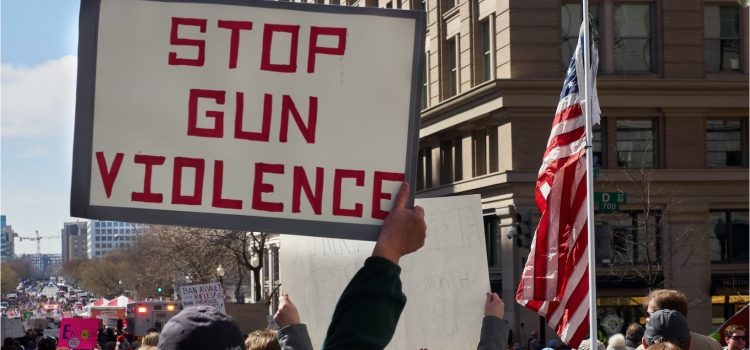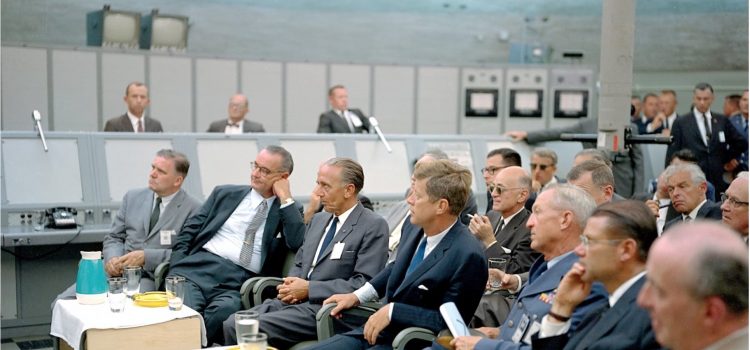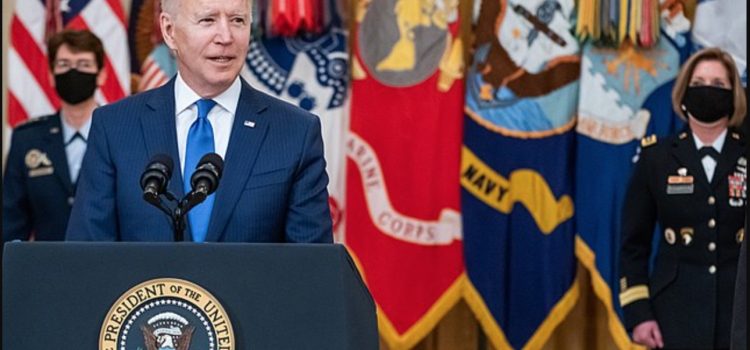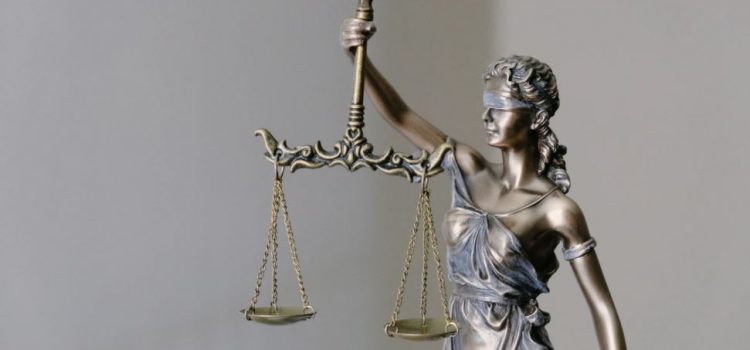Can governments control bitcoin? What are some ways governments are currently regulating bitcoin? The bitcoin network is designed in such a way that it’s impossible to control by a single overseeing authority. However, governments can regulate the use of bitcoin. Here’s why bitcoin is beyond government control and how governments can regulate bitcoin.
Why Governments Can Regulate Bitcoin, but Not Control It










